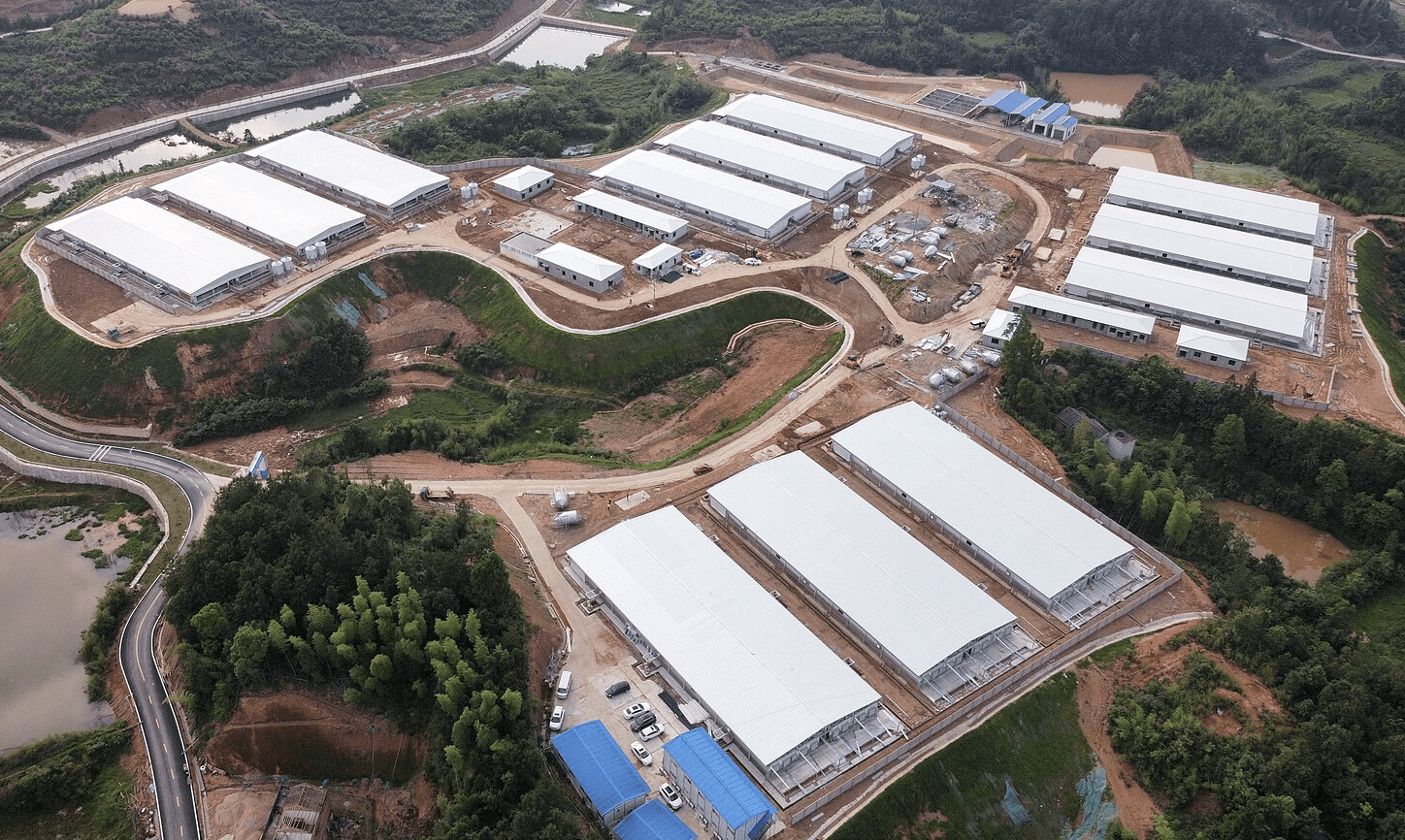THE GUARDIAN – The blanket use of antibiotics in farming has led to the emergence of bacteria that are more resistant to the human immune system, scientists have warned.
The research suggests that the antimicrobial colistin, which was used for decades as a growth promoter on pig and chicken farms in China, resulted in the emergence of E coli strains that are more likely to evade our immune system’s first line of defence.
Although colistin is now banned as a livestock food additive in China and many other countries, the findings sound an alarm over a new and significant threat posed by the overuse of antibiotic drugs.
“This is potentially much more dangerous than resistance to antibiotics,” said Prof Craig MacLean, who led the research at the University of Oxford. “It highlights the danger of indiscriminate use of antimicrobials in agriculture. We’ve accidentally ended up compromising our own immune system to get fatter chickens.”
The findings could also have significant implications for the development of new antibiotic medicines in the same class as colistin, known as antimicrobial peptides (AMPs), which the scientists suggest could pose a particular risk of compromising innate immunity.
AMPs are compounds produced by most living organisms in their innate immune response, which is the first line of defence against infection. Colistin is based on a bacterial AMP – microbes use the compounds to shield themselves against competitors – but is chemically similar to some AMPs produced in the human immune system.
The extensive use of colistin in livestock from the 1980s triggered the emergence and spread of E coli bacteria carrying colistin resistance genes, which eventually prompted widespread restrictions on the drug’s use in agriculture.
But the latest study suggests the same genes also allow pathogens to more readily evade AMPs that form a cornerstone of our own immune response … read more.



